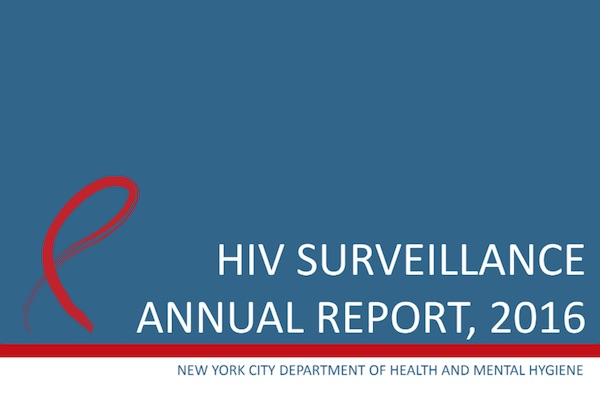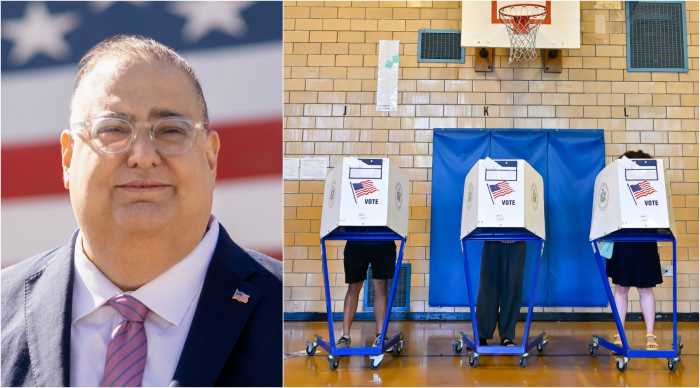Affirming the felony conviction of an HIV-positive gay man for the crime of “criminal transmission of HIV” even though the man did not transmit the virus to his complaining sexual partner, the Iowa Court of Appeals ruled on October 2 that the attorney who represented Nick Rhoades did not fail to provide effective legal assistance when he told the man to plead guilty.
Black Hawk County District Judge David F. Staudt at first responded to Rhoades’ guilty plea by sentencing him to 25 years in prison, but then reconsidered the sentence and reduced it to supervised probation for five years. Either way, Rhoades had to register as a sex offender.
Iowa appeals court rejects claim that undetectable viral load is a defense
Lambda Legal took on his case and appealed it to the Court of Appeals of Iowa. The HIV Law Project, the Alliance of State and Territorial AIDS Directors, and the Center for HIV Law and Policy submitted an amicus brief, explaining why the statute, enacted in the early days of the AIDS epidemic, was based on outmoded factual assumptions about HIV treatment and transmission, but that didn’t sway the court, which suggested that such problems were more appropriately addressed to the State Legislature.
According to the appeals court opinion by Judge Richard H. Doyle, Rhoades, who knew that he was HIV-positive and has an undetectable viral load due to his compliance with his treatment protocol, met the complainant, A.P., in an “online chat room.” At A.P.’s home, the two men had oral sex without a condom, then anal sex with a condom. Rhoades, the active partner, did not mention he was HIV-positive.
A.P. claims that he tasted pre-cum during the oral sex and that the condom came off during the anal sex. Rhoades claims that the condom did not come off and, in any event, that he never ejaculated.
A.P., who did not contract HIV infection, later learned that Rhoades was HIV-positive and called the police. Rhoades was charged with violating a state law that makes it a crime for a person who knows that he is HIV-positive to “engage in intimate contact with another person” without informing them of their status.
Although the statute is titled “Criminal Transmission of HIV,” the Iowa Supreme Court in prior decisions held that HIV transmission need not occur for it to be violated. It is sufficient that an infected person engages in sex that could expose their partner to transmission. The high court precedents date from 2006 and earlier, before the fact that an undetectable viral load involves almost zero risk of transmission was established.
Rhoades argued that his use of a condom for anal sex and his care not to ejaculate during oral sex showed that he did not intend to expose A.P. to HIV, but Judge Doyle pointed to a 2001 State Supreme Court ruling where the defendant made a similar argument. In that case, the court wrote that “any reasonably intelligent person is aware it is possible to transmit HIV during sexual intercourse, especially when it is unprotected,” so a claim of “non-ejaculation is irrelevant.” Failure to use a condom even for oral sex, therefore, evinces Rhoades’ intent to expose A.P. to the virus, the appeals court found.
Since there was “a factual basis” to support the guilty plea based on the unprotected oral sex, the appeals court rejected Rhoades’ contention that his attorney was deficient for letting him plead guilty. The court, having decided the case, did not take up the question of the protected anal sex.
Lambda Legal and Rhoades are considering an appeal to the Iowa Supreme Court.


































